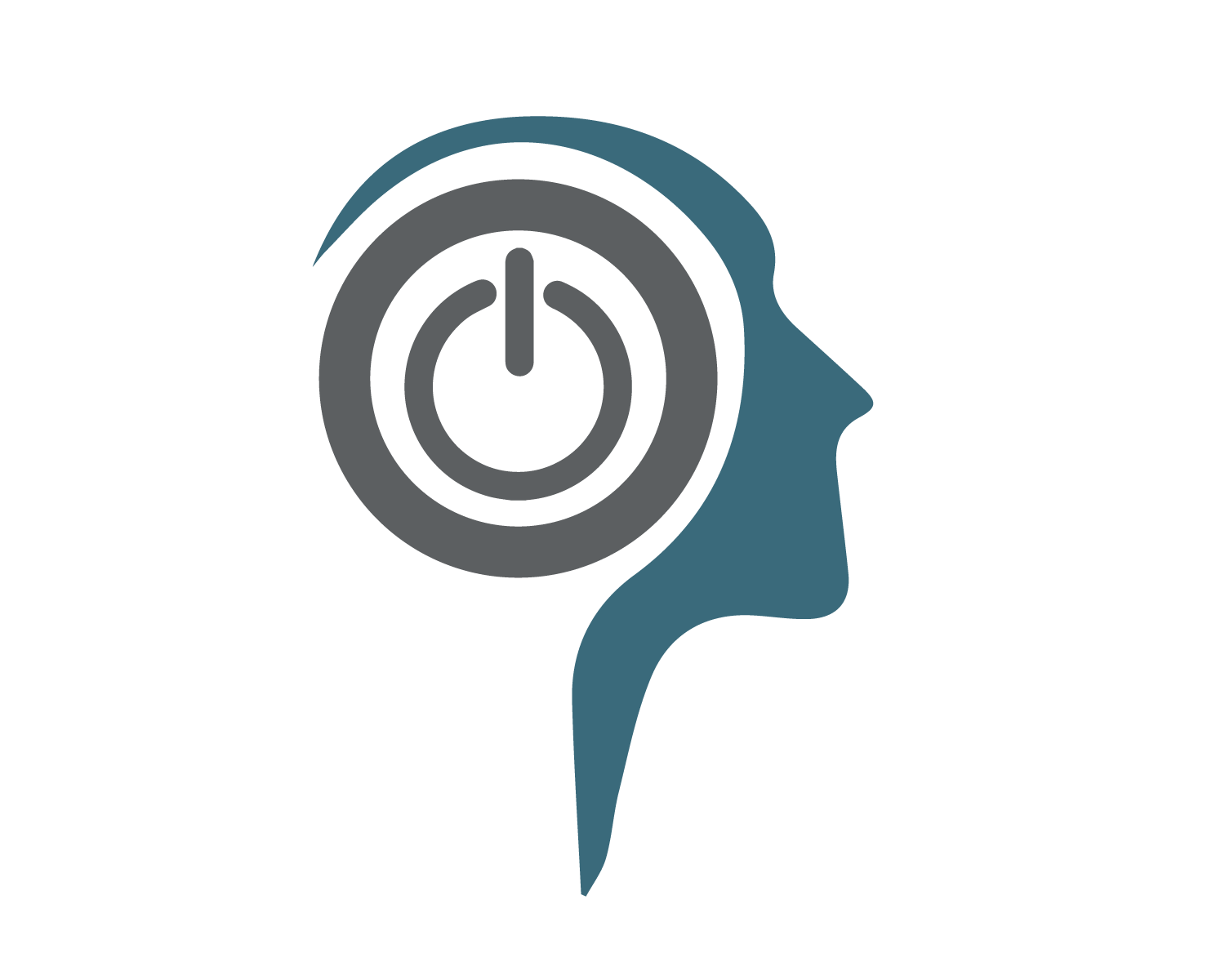In my years as a massage therapist, I have heard the words “deep tissue” used to describe a service more than a thousand times. I have an issue with this term. Not, because it is not a useful way to describe treatment, but because it is used incorrectly the majority of the time. The reason it’s used incorrectly is due to lack of education amongst massage therapy consumers, and the providers that perpetuate the idea behind it.
“A painful, alarming sensory experience can actually dial up pain sensitivity — even long term. Furthermore, vulnerability to this awful phenomenon is much more common and significant in desperate patients who already have chronic pain — so they seek and tolerate intense therapy.”
Therapists often describe their work as being deep tissue, and can often times be wrong. Sometimes what they’re saying is “it will hurt.” They utilize DEEP PRESSURE, not deep tissue. Consumers often request these services because they think it is good for them. “No pain, no gain” is something I hear from clients. This is another phrase that bugs me (as it should not be related to the massage profession, at all).
Allow me to explain why this perception is not only wrong, but can be, even harmful. This idea can be likened to tenderizing a steak. If you want nice tender meat, you beat it to a pulp. This works for steak, because it is dead. It does not work for humans because we are living. Simple as that.
One of the many jobs of your nervous system is protection. It takes in all your sensory awareness (touch included), and creates a response in the body. I believe that most people are familiar with the “fight or flight” response. That is what we’re talking about here. When you receive and aggressive and forceful touch, your brain likens it to harm, and defends against it. Your brain doesn’t understand that you are not being abused, but you are being massaged.
Click here for more info on the Nervous system
While massage should be designed to create the response of “rest and digest”, or healing aspect of the nervous system, often times with “deep tissue” it engages the wrong one. When this happens, muscles and tissues tighten up, to protect deeper structures from the abuse, and we actually end up with very shallow, surface massage. Think about petting an animal... Would you naturally place your hand upon it as hard as you can, or even lightly touch it in a way it doesn't like? Without the ability of verbal communication, you can sense that they don't like what you're doing, and if you're not taking the hint... it might even bite you!
I wouldn't pet him the wrong way!
In order to get into those deep structures, we need to relax, and slowly sink into this tissue. We allow the brain to let us in, rather than storming the gate. We work with your body, not on it. This also explains why the deepest work I know of (Cranial Sacral Therapy and Manual Lymphatic Drainage), are performed with less than a nickels worth of pressure by the therapist.
“If my massage doesn’t hurt, it doesn’t feel like its doing any good. I just need my knots rubbed out!”
The reality is that there’s no such thing as a knot. What you are feeling in tissue that feels “knotted” could be a number of things, from over-contraction, to mechanical shortening of tissue, to chemical build-up of toxins in the tissue (and that’s a very short list). So, in order to treat that tissue effectively, you have to find out what’s happening, why it's happening, and what you need to do to change it. Massage is not always the answer. If it was, you would get one, and never need another one right? The reality is that our body is constantly remodeling itself, to manage the stresses we place upon it, when it should be the other way around.
To wrap things up here, I would like to make it very clear, that I do not think that massage therapists that utilize the word deep tissue in their practice are bad at what they do. In fact, I think that it is a very useful descriptive word. My issue is the painful brand of massage that is associated with the term. The purpose of this post is to educate consumers with what’s happening in their body, not to bash my fellow MT’s. Massage should not be “no pain, no gain”, since pain is usually why you’re there in the first place, and pain hasn’t gotten you anywhere you want to be.




